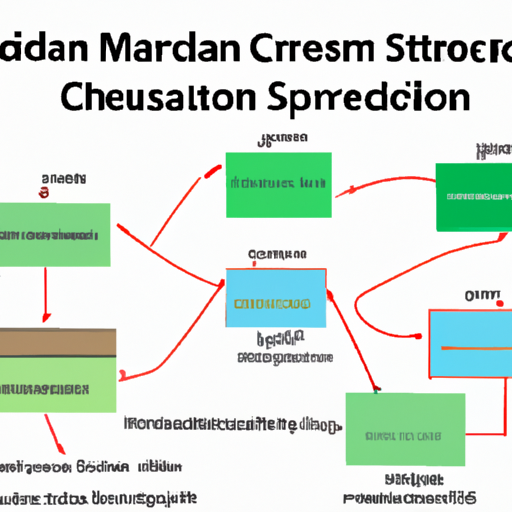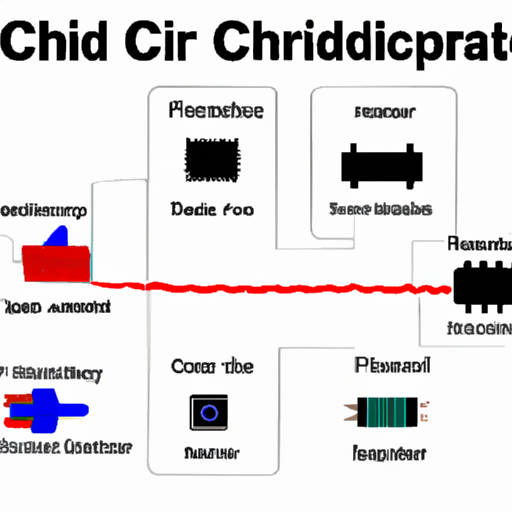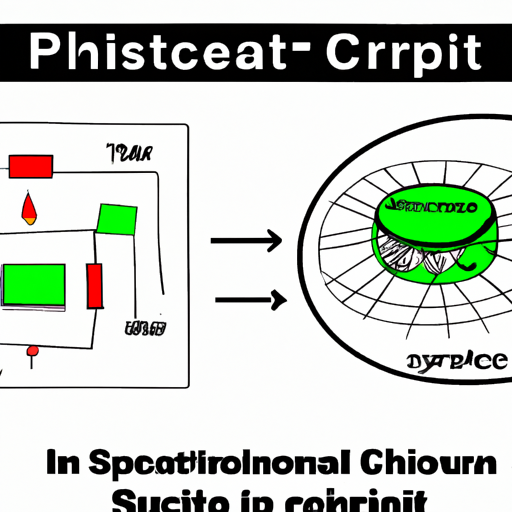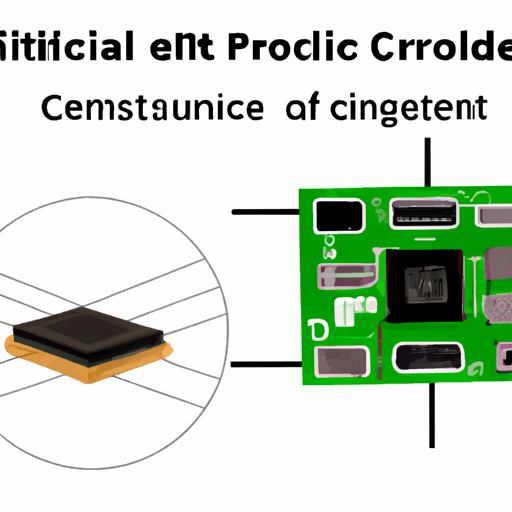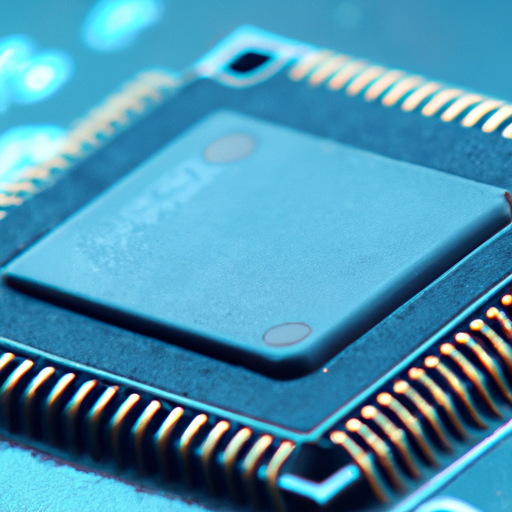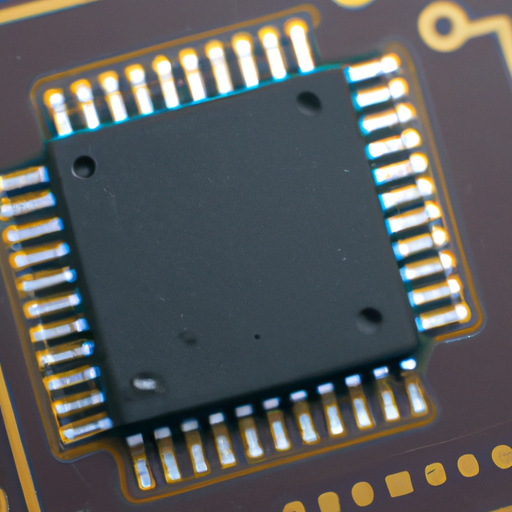In What Scenarios Will I Use Integrated Circuit Technology in Life
I. Introduction
Integrated Circuit (IC) technology has revolutionized the way we live, work, and interact with the world around us. An integrated circuit is a set of electronic circuits on a small flat piece (or "chip") of semiconductor material, usually silicon. These tiny components are the backbone of modern electronics, enabling devices to perform complex functions while being compact and energy-efficient. The importance of ICs cannot be overstated; they are found in virtually every electronic device we use today, from smartphones to medical equipment. In this blog post, we will explore the various scenarios in which integrated circuit technology plays a crucial role in our daily lives.
II. Everyday Consumer Electronics
A. Smartphones and Tablets
Smartphones and tablets are perhaps the most ubiquitous examples of integrated circuit technology in our lives. These devices rely heavily on ICs for processing and memory functions. The central processing unit (CPU) and graphics processing unit (GPU) are both integrated circuits that handle the computational tasks and graphical rendering, respectively. The performance and functionality of these devices are directly tied to the efficiency and power of the ICs they contain. For instance, advancements in IC technology have led to faster processors, improved battery life, and enhanced graphics capabilities, making our mobile devices more powerful and versatile than ever.
B. Home Appliances
The integration of IC technology has transformed ordinary home appliances into smart devices. Smart refrigerators, washing machines, and thermostats utilize ICs to enhance energy efficiency and automation. For example, a smart refrigerator can monitor its contents, suggest recipes based on available ingredients, and even alert you when items are running low. Similarly, washing machines equipped with ICs can optimize water usage and cycle times based on the load size, contributing to both convenience and sustainability in our daily routines.
C. Personal Computers and Laptops
In personal computers and laptops, integrated circuits are fundamental to their operation. The CPU, which is often referred to as the "brain" of the computer, is an IC that executes instructions and processes data. Graphics cards, which are also ICs, enhance visual performance for gaming and graphic design. The importance of ICs in computing power and speed cannot be overstated; as technology advances, we see more powerful and efficient ICs that enable faster processing, multitasking capabilities, and improved user experiences.
III. Automotive Applications
A. Modern Vehicles
Integrated circuits are integral to the functionality of modern vehicles. Engine control units (ECUs) are specialized ICs that manage various engine functions, optimizing performance and fuel efficiency. Safety features such as anti-lock braking systems (ABS) and airbags rely on ICs to process data from sensors and make real-time decisions to protect passengers. The incorporation of IC technology in vehicles has not only enhanced safety but also improved overall driving experiences.
B. Electric and Hybrid Vehicles
The rise of electric and hybrid vehicles has further highlighted the importance of integrated circuits. ICs play a crucial role in battery management systems, ensuring optimal charging and discharging to extend battery life and improve performance. Additionally, electric drive systems rely on ICs to control the electric motors that power these vehicles. As the automotive industry continues to evolve, the role of IC technology will only become more significant in the development of sustainable transportation solutions.
IV. Medical Devices
A. Diagnostic Equipment
In the medical field, integrated circuits are essential for the operation of diagnostic equipment. Imaging devices such as MRI and CT scanners utilize ICs for data processing and analysis, enabling healthcare professionals to obtain accurate and timely results. The ability to process large amounts of data quickly and efficiently is critical in medical diagnostics, and IC technology plays a pivotal role in this process.
B. Wearable Health Technology
Wearable health technology, such as smartwatches and fitness trackers, has gained immense popularity in recent years. These devices rely on integrated circuits to monitor health metrics like heart rate, activity levels, and sleep patterns. The integration of ICs allows for real-time data collection and analysis, empowering users to take control of their health and wellness. As technology advances, we can expect even more sophisticated health monitoring capabilities from wearable devices.
V. Industrial Applications
A. Automation and Control Systems
In industrial settings, integrated circuits are vital for automation and control systems. Robotics and manufacturing processes rely on ICs to enhance efficiency and precision. For example, ICs are used in programmable logic controllers (PLCs) that automate machinery and processes, reducing the need for manual intervention and minimizing errors. The impact of IC technology on industrial efficiency cannot be overstated, as it drives productivity and innovation across various sectors.
B. Telecommunications
Integrated circuits are also fundamental to telecommunications. Networking equipment, such as routers and switches, relies on ICs to manage data transmission and connectivity. The ability to process and route data efficiently is crucial in our increasingly connected world, where seamless communication is expected. As the demand for faster and more reliable internet continues to grow, the role of IC technology in telecommunications will remain paramount.
VI. Smart Infrastructure
A. Smart Cities
The concept of smart cities is becoming a reality, thanks in large part to integrated circuit technology. ICs are used in traffic management systems to monitor and control traffic flow, reducing congestion and improving safety. Additionally, ICs play a role in public safety and surveillance systems, enhancing the ability of cities to respond to emergencies and maintain security. The integration of IC technology in urban infrastructure is paving the way for more efficient and sustainable living environments.
B. Energy Management
Integrated circuits are also crucial in energy management systems, particularly in smart grids and renewable energy solutions. ICs monitor and control energy consumption, enabling more efficient use of resources. For instance, smart meters equipped with ICs provide real-time data on energy usage, allowing consumers to make informed decisions about their energy consumption. As the world shifts towards renewable energy sources, the role of IC technology in energy management will continue to grow.
VII. Future Trends and Innovations
A. Internet of Things (IoT)
The Internet of Things (IoT) is a rapidly growing field that relies heavily on integrated circuit technology. ICs are essential for connecting devices, enabling them to communicate and share data. From smart home devices to industrial sensors, the integration of ICs in IoT applications is transforming the way we interact with technology. As IoT continues to expand, we can expect to see even more innovative applications that enhance our daily lives.
B. Artificial Intelligence (AI) and Machine Learning
The integration of ICs in artificial intelligence (AI) hardware is another exciting trend. Specialized ICs, such as neural processing units (NPUs), are designed to handle the complex computations required for AI and machine learning applications. As AI technology advances, the demand for efficient and powerful ICs will increase, leading to new possibilities in various fields, from healthcare to autonomous vehicles.
VIII. Conclusion
In conclusion, integrated circuit technology is an integral part of our everyday lives, influencing a wide range of scenarios from consumer electronics to smart infrastructure. The significance of ICs in enhancing performance, efficiency, and functionality cannot be overstated. As technology continues to evolve, the role of integrated circuits will only become more critical, driving innovations that shape our future. Understanding the impact of IC technology is essential for appreciating the advancements we experience in our daily lives and the potential for future innovations. As we move forward, the ongoing evolution of integrated circuit technology will undoubtedly play a pivotal role in shaping the world around us.



